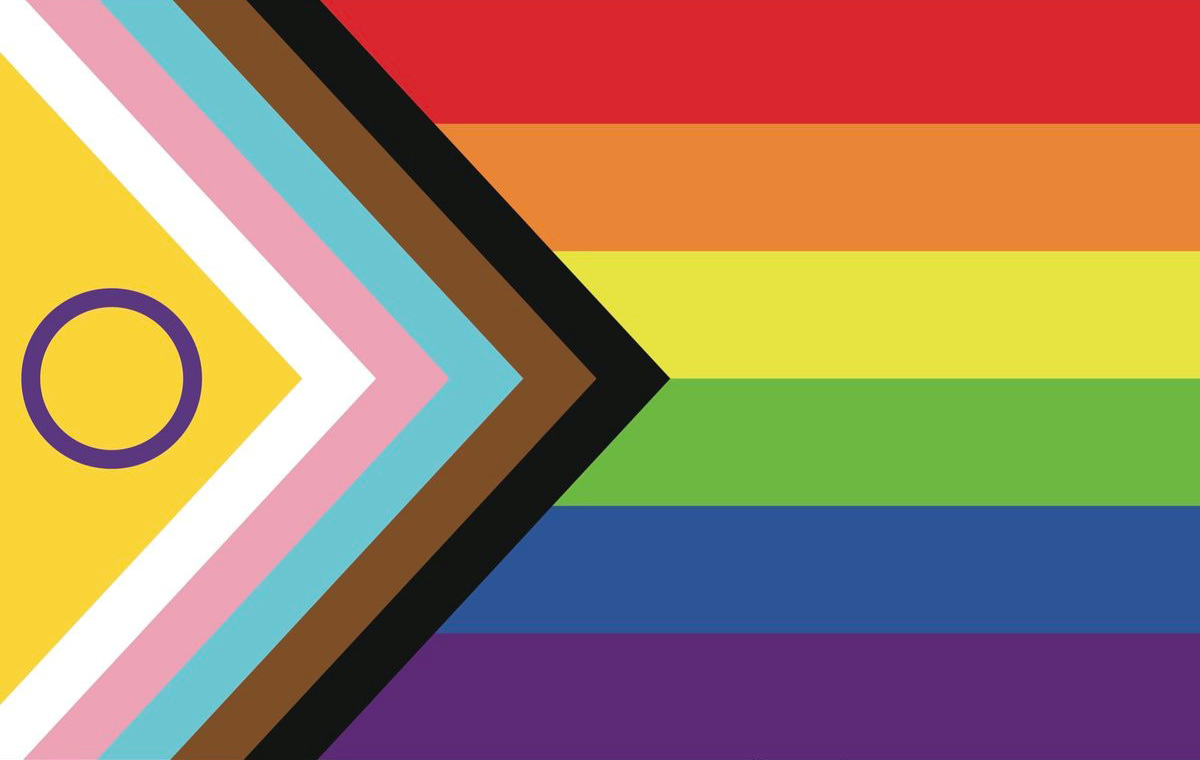Written by Julie Sabine
Listen to the audio blog here, or continue to read below.
Not long ago, it took a very long time to access mental health support. From endless waitlists, finding time in our busy schedules, commuting in traffic, and expensive appointments, there were many barriers that left too many of us unable to get the help we needed when we needed it. Plus, even if you had an appointment, the therapist you met might not be the right one for you, and you’d have to start the process all over again.
Now, online therapy has reduced the issues associated with in-person appointments. Therapists have also learned the best ways to treat clients virtually, often drawing on several styles of therapy to address each person’s unique needs. Clients comment that online therapy can be less stressful than in-person therapy, and that they feel safer in the comfort of their own homes, making it easier to open up about their experiences and advance through the therapeutic process.
However, while online therapy is an excellent resource for making mental health services more accessible, there are still limitations depending on the needs of the client and the type of therapy they require. It’s important to learn for yourself what you need from a therapist, and whether meeting online or in person is the right choice for you.
What are the pros and cons of online therapy?
Pros:
Convenience: Online therapy offers options like phone, video & text therapy so you can choose how you’d like to connect, from the comfort of home.
Accessibility: No commuting, so therapy is available to those who are housebound or living in remote areas.
Affordable: Since online therapy doesn’t require a physical office, there are fewer costs the therapist has to place on the client, making it more affordable overall.
Low wait times: You can typically meet a therapist within a day or two instead of waiting weeks or months.
Therapist-Client Compatibility: Instead of being limited to therapists in your area, therapists are presented to you online with their information and specialties so you can easily find the right one. Therapists in Canada can also speak to anyone across the country, so there are many more options available.
Cons:
Human connection: Virtual therapy doesn’t replace physically being around someone else and some people want real-life connection or a break from their devices.
Non-verbal cues: Although therapy has evolved online, certain types of therapy rely on non-verbal cues which can be missed if the client isn’t able to be physically seen.
Not for crisis or severe mental health conditions: In severe or crisis situations, online therapy should not be used. Clients should seek immediate help through crisis lines or their local emergency services.
What types of therapy are best done online?
The most commonly used online therapies are Cognitive Behavioural Therapy (CBT), Dialectical Behavioural Therapy (DBT), and Emotion Focused Therapy (EFT). These evidence-based therapies work very well with mild to moderate mood disorders and are primarily talk-based practices that don’t rely heavily on non-verbal cues, which is why they’re effective for online therapy applications.
Cognitive Behavioural Therapy (CBT)
The most commonly used online therapy is Cognitive Behavioural Therapy (CBT). The basis of this therapy is simply to replace negative thoughts, which in turn create negative feelings and behaviours, with healthier ones. Studies show that online CBT is just as effective as in-person CBT for treating anxiety and depression. The beauty of CBT is, it not only works via voice or video, but it is also an excellent tool for text therapy. With text therapy, clients are able to conveniently refer back to their therapist’s words of advice and support when they are struggling. This could be a great option for those who can’t devote an hour to a phone or video session during the day.
There is evidence that using CBT and your therapist’s expert advice has the power to turn your damaging thoughts into productive ones. With ongoing support, it helps you challenge your cognitive distortions, and you’ll find yourself thinking, feeling, and behaving positively in even the most overwhelming situations.
CBT with an online therapist can work very well for mood disorders – particularly depression and the following anxiety disorders:
- general anxiety
- social anxiety
- phobias
- panic attacks
If you notice that unhelpful self-talk seems to be taking over and influencing your life in difficult ways, this type of therapy can likely help you and can be done effectively from the comfort of your home.
Dialectical Behavioural Therapy (DBT)
Dialectical Behavioural Therapy (DBT) is similar to CBT but focuses on helping individuals with more intense and atypical emotional responses, especially in relationships with family, friends, and romantic partners. With DBT, your therapist will help you accept yourself as you are, and help motivate you to change using emotional regulation, interpersonal effectiveness, distress tolerance, and mindfulness skills.
If it takes you a long time to calm down, if you experience extreme emotional swings, and/or find that you jump from one crisis to another, you might benefit from this evidence-based approach. DBT seems to work particularly well with borderline personality disorder and substance abuse. It’s also a great approach to treating binge eating disorders.
Here are some examples of kinds of DBT:
- Emotion regulation skills help those struggling with binge eating disorders navigate their fierce emotions that impact eating behaviours.
- Interpersonal effectiveness skills help with conversations to keep in alignment with values and needs.
- Distress tolerance skills are used to help clients get through hard moments, such as food cravings, without making the situation worse by engaging in harmful coping behaviours.
- Mindfulness skills are introduced to increase awareness and combat potential thoughtless behaviours, like binge eating.
Emotion-Focused Therapy (EFT)
Emotion-Focused Therapy (EFT) is exactly as it sounds – therapy that focuses on emotions, which are extremely powerful. Whether we’re aware of them or not, our emotions play a vital role in the way we feel, what we perceive, and how we interact with the people around us.
Working with an online therapist who practices EFT helps us build awareness so that we recognize and observe emotions when we feel them. Becoming more aware of our emotions and how we react to them, and learning how to respond positively to rising emotions are important to bringing peace and stability into our lives and relationships. The therapeutic goals of EFT are emotion awareness, regulating, and transformation.
Emotion-focused therapy is an online approach that can work well with depression and anxiety disorders. EFT is also used to address:
- Childhood abuse or neglect
- Eating disorders
- Personality disorders
- Interpersonal issues with others
Can any type of therapy be done online?
There are many other types of therapies that are not practiced online yet due to their interactive qualities, like Eye Movement Desensitization, Reprocessing Therapy, and Play Therapy. Types of therapy that rely on interactions like these, as well as those that rely mostly on non-verbal cues and subtleties may be best left to in-person when possible. The good news is, they can be supplemented with online therapy and many therapists offer both in-person and online options.
Online therapy is not for everyone.
Online therapy is not recommended for people who have severe mental health conditions or are experiencing thoughts of suicide or self-harm. Also, people who have serious addictions or more severe psychological conditions tend to need more intensive treatment than online options can provide.
The First Step
People struggling with mental wellness issues do not need to suffer in silence. There are a number of choices in the types of therapy readily available online, with some better suited to specific challenges and needs than others; but the bottom line is that doing any therapy is better than not doing any therapy, whether it’s for depression, anxiety, or for some guidance through life’s difficulties. With the choices now available online, it’s never been easier. If you’re struggling, or just need to get things off your chest with an expert, take the first step and book phone, video, and/or text therapy with a Focus therapist today. Live and feel better with Focus.



